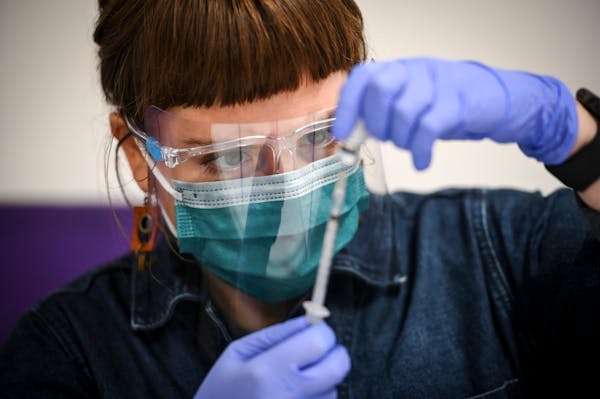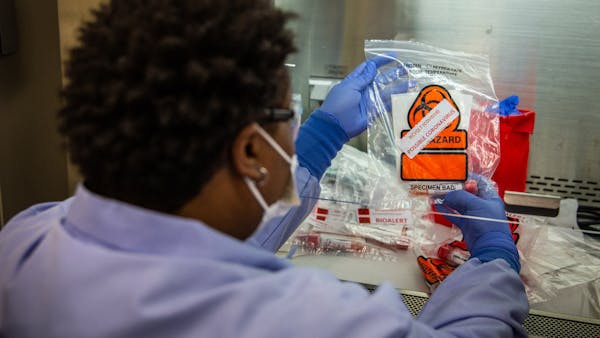A viral Facebook post claiming to be based on an internal email from "Stanford Hospital" makes several dubious claims about how to tell if you are infected with the new coronavirus and how to keep from getting sick.
Did a relative send it to you? Or maybe that kid from high school you barely remember?
The Facebook post says that drinking warm water is effective against viruses and that you can tell if you are not infected if you hold your breath for more than 10 seconds without coughing or discomfort. (Similar posts are making the rounds on Twitter and WhatsApp.)
One big red flag: Stanford Medicine, based in California, says that it is not true.
"A widely distributed email about COVID-19 that is attributed to a 'Stanford Hospital board member' contains inaccurate information," said spokeswoman Lisa Kim from the California-based health care system. "It did not come from Stanford Medicine."
While drinking water is always a good idea, especially if you are sick, it is not a form of virus treatment.
You can be infected with COVID-19 before symptoms appear, so holding your breath to see if you cough, supposedly a way to detect the pneumonia that can accompany the disease, tells you nothing.
This misleading Facebook post is just one of many inaccurate social media posts and stories that flourish online during major news events.
It seems like we shouldn't need to say it, but here we are: Ingesting bleach, cocaine and Vitamin C also do not prevent the spread of the novel coronavirus.
So, how do you arm yourself against disinformation online? Be skeptical. Get informed. Most of these thinly sourced posts can be easily debunked with simple searches. Here are some websites that help:
- NewsGuard, which tracks the credibility of thousands of websites, has posted a list of sites that are peddling coronavirus misinformation.
- On Pinterest, the World Health Organization has addressed several myths like: Can you avoid the virus by gargling mouthwash, applying sesame oil to the skin, inhaling fireworks smoke or eating garlic? (The answers: no, no, no and no.)
- PolitiFact has created a created a guide with seven ways to avoid falling for some of the most common falsehoods about epidemics like the coronavirus.
- The Minnesota Health Department has a collection of coronavirus resources, including links to other reputable websites.
So, go ahead and open that package from China. And feel free to share this story with your sister's friend's husband who is maybe definitely not a doctor and has some health advice you.
Senior digital editor Colleen Kelly contributed to this report.

Want to share info with the Star Tribune? How to do it securely

'Safe recovery sites' would offer syringes, naloxone and more to people using drugs. The plan could be in peril.
New Minnesota GOP leaders seek peace with party's anti-establishment wing

Who is Republican Lisa Demuth, Minnesota's first House speaker of color?


